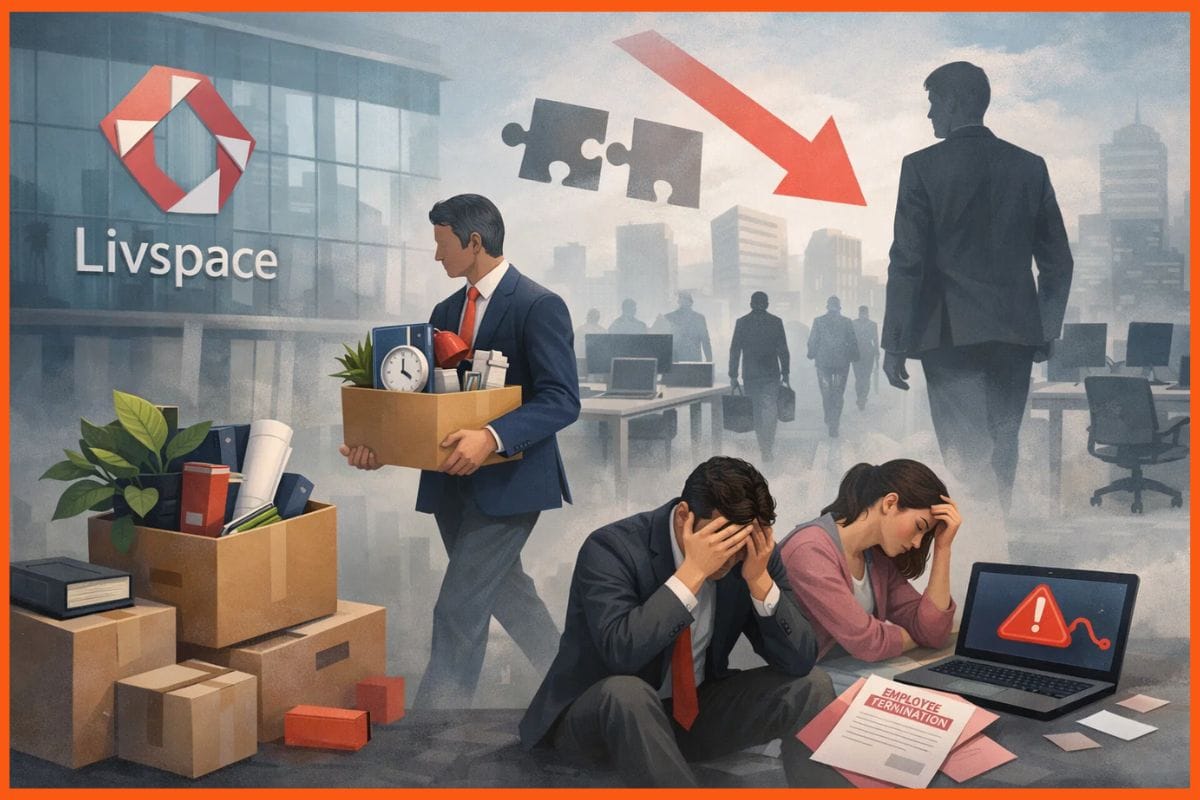The Reasons Why Multi-Level Marketing and Pyramid Schemes Are Ensnaring So Many Indians?
🔍Insights
Media outlets have reported that in 2023, India saw the highest number of new MLM schemes launched in five years, with over 400 schemes. This information comes from Strategy India, an associate member of the Indian Direct Selling Association (IDSA) and a policy, compliance, and direct-selling consultancy.
Companies like Capcha Pay, Mission Green India, Jivan Daan, and Dhan Vriddhi are on its list of suspected scammers. For the time being, over four thousand of these schemes are allegedly active, as reported by Strategy India. It was challenging to get in touch with the entities named because their websites and email addresses don't seem to be operational.
Instead of paying out of earnings, operators of such money-circulation network schemes pay out to current investors from cash received from new ones. By utilizing gaps in current consumer protection legislation, many go unpunished. These organizations target low-income communities in their pursuit of investors by promising abnormally high returns in very short periods of time. However, the promoters abandon the project and disappear with the funds when fresh investors dry up.
"The Consumer Protection (Direct Selling) Rules should be revised to remove ambiguity and loopholes to prevent Ponzi and multi-level marketing (MLM) money circulation schemes," said Pranjal Daniel, chief strategist at Strategy India, in his recent media statement. "A central committee needs to evaluate and monitor all MLM operations, which is vital to curb complex money circulation schemes with claims to increase investors' wealth through investments in forex trading, cryptocurrencies and NFTs (non-fungible tokens)."
To differentiate between these fraudulent pyramid and money-circulation schemes and legal direct-selling multi-level marketing players, the Ministry of Consumer Affairs updated the Consumer Protection (Direct Selling) Rules in 2021. A notification was released on June 21, last year. Executives, however, have stated that the concept of a network of merchants needs more clarification. The ministry made several adjustments, one of which was to replace "through a network of sellers" with "directly selling through a network of sellers."
What Are MLM and Ponzi Scams?
Is MLM a Moral Business Practice?
The Amway Case
What Are MLM and Ponzi Scams?
A Ponzi scam, so called because it was popularised by American business magnate Charles Ponzi in the 1920s, solicits money from new investors and then uses that money to repay those who had invested earlier. An appearance of financial success is given to the deceitful plan. The investors are deceived into thinking that their profits are a direct outcome of a successful company, unrelated to the investments made by new victims. Victims in The Tinder Swindler think they are putting money into a permanent relationship with their rich, caring lover, but all they are doing is assisting him in keeping up this facade for when he scams other people.
Companies that engage in multi-level marketing (MLM) rely on commission structures resembling pyramids to sell their products and services to individuals who do not receive a salary. Sales commissions from direct customer sales and commissions from recruiting other participants who must buy products in bulk and resell them to consumers provide two sources of income for anyone involved in such a program. Members of multi-level marketing (MLM) are rewarded to attract people into the system below them, drawing comparisons to unlawful pyramid schemes. Those at the very top of the pyramid usually come out ahead, while those at the very bottom of the pyramid usually lose money. The Body Shop, Amway, and Oriflame are just a handful of well-known brands that operate under the multi-level marketing paradigm. Because of their multi-level marketing strategies, these companies have been the target of scepticism and debate. Merchants of Deception was written by an ex-Amway distributor to reveal the reality of the worldwide company's multi-level marketing plan.

Is MLM a Moral Business Practice?
Much more complex than the legal challenge is the MLM's ethical dilemma. Ethical companies, according to a study in the Journal of Business Ethics, focus on their products rather than their employees when hiring. It is highly susceptible to becoming a pyramid scheme due to its reliance on network recruiting. There is a great deal of ethical risk associated with multi-level marketing because it relies on salespeople to sell to their networks. But there are a lot of people who think multi-level marketing programs are fantastic for starting enterprises. Owners and participants alike may find the model alluring because of the lack of inventory management concerns, the independence it affords, and the low operating costs. Even if joining a multi-level marketing company (MLM) sounds like a fun and lucrative idea, you should conduct your research before committing.
The Amway Case
Company assets belonging to Amway India, which offers health and beauty goods in more than 100 countries, have been provisionally attached by India's Enforcement Directorate (ED) for INR 750 crore. Amway was involved in pyramid fraud through its direct sales multi-level marketing (MLM) network, according to an ED probe into money laundering. Spreading the word about how members may get rich by joining was the main objective of the organization. The items do not receive any attention. The ED claimed that products are utilized to disguise this multi-level marketing scam as a direct-sale firm. From 2002–03 to 2021–22, Amway's business operations brought in INR 27,562 crore, according to the agency. Distributors and members in India and the US received a commission of INR 7,588 crore from this. The core business model of the corporation was to sell people on the idea that they could improve their financial situation by joining the organization.
Many such examples may be in one's peripheral, but one must be competent and self-aware enough to select the appropriate operations. Questions like "Who are the investors?" "Where is the money coming from?" "What are the products?" and "How does the entire business cycle operate?" are the most basic. If one can find satisfactory responses to these questions, he will be well-positioned to determine if the proposed business is a good fit for him.

Must have tools for startups - Recommended by StartupTalky
- Convert Visitors into Leads- SeizeLead
- Website Builder SquareSpace
- Run your business Smoothly Systeme.io
- Stock Images Shutterstock







